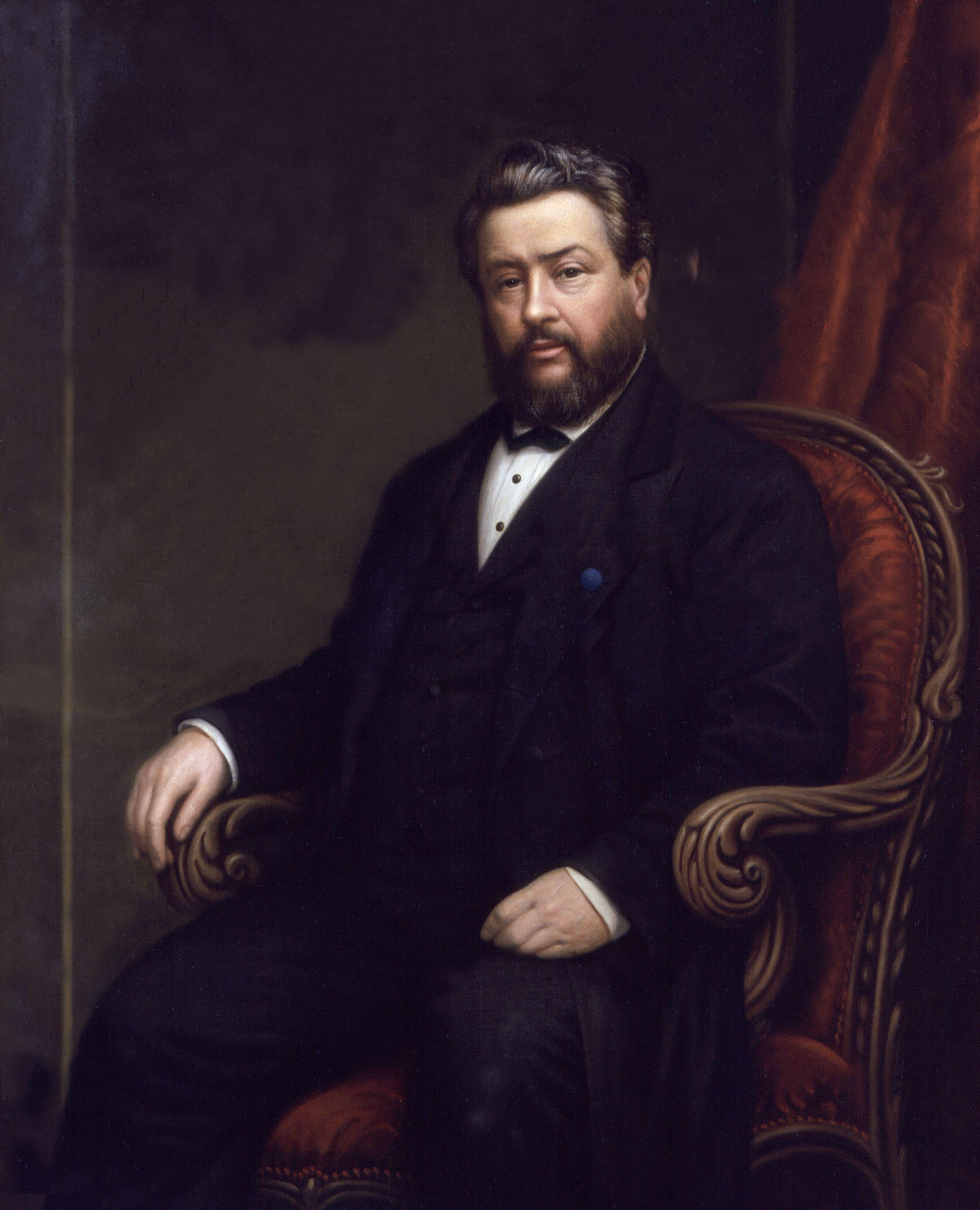Originál: (en) Men will allow God to be everywhere but on His throne. They will allow Him to be in His workshop to fashion worlds and make stars. They will allow Him to be in His almonry to dispense His alms and bestow his bounties. They will allow Him to sustain the earth and bear up the pillars thereof, or light the lamps of heaven, or rule the waves of the ever-moving ocean; but when God ascends His throne, His creatures then gnash their teeth. And we proclaim an enthroned God, and His right to do as He wills with His own, to dispose of His creatures as He thinks well, without consulting them in the matter; then it is that we are hissed and execrated, and then it is that men turn a deaf ear to us, for God on His throne is not the God they love. But it is God upon the throne that we love to preach. It is God upon His throne whom we trust.
Zdroj: [Spurgeon, Charles, Divine Sovereignty: A Sermon (No. 77), delivered on Sabbath Morning, May 4, 1856, http://www.spurgeon.org/sermons/0077.htm, 6.2.2016, The Spurgeon Archive, angličtina]
